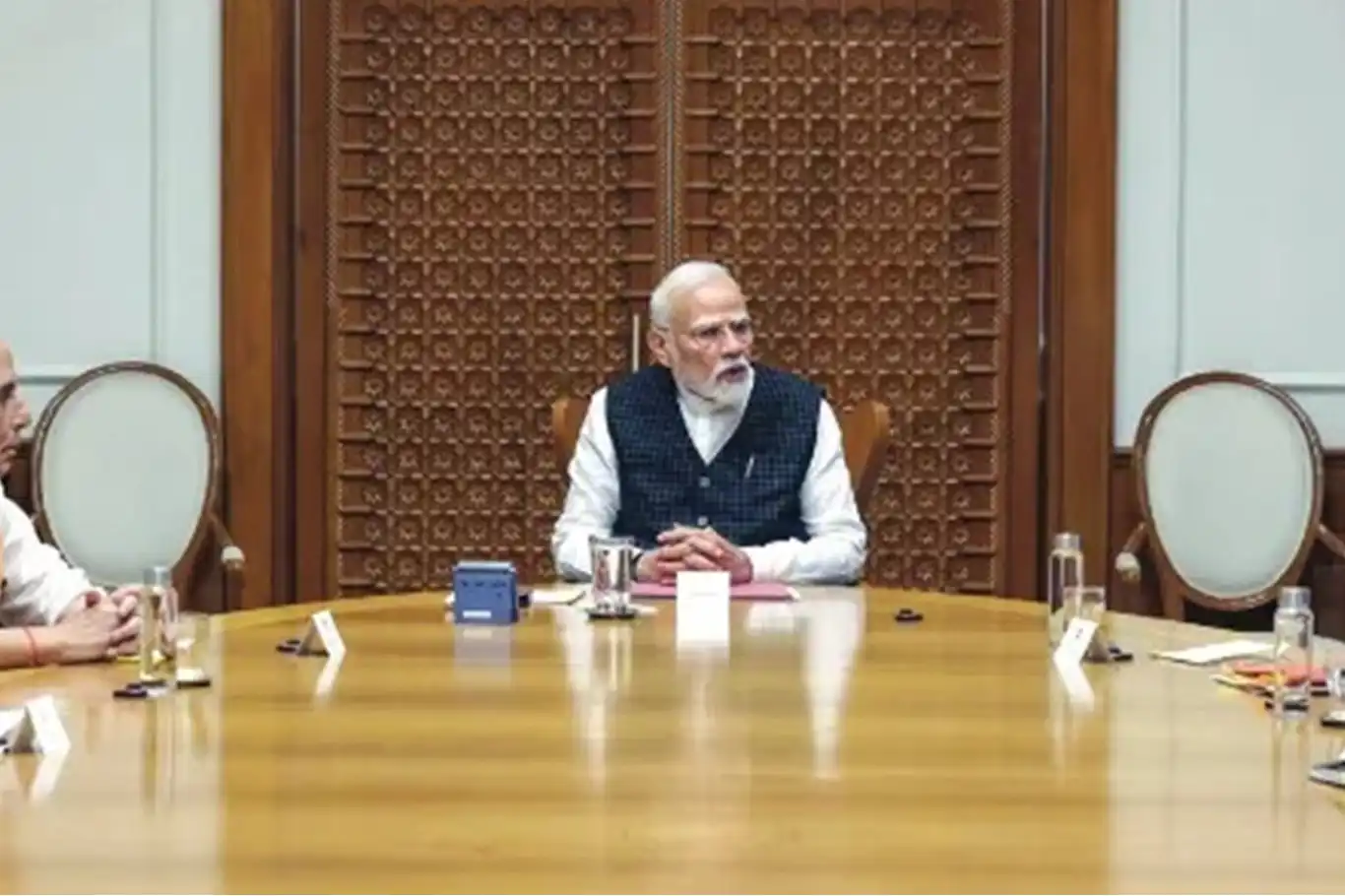India escalates tensions with Pakistan after Kashmir attack


India has sharply escalated tensions with Pakistan following a deadly attack in Indian-administered Kashmir that killed 26 civilians, prompting New Delhi to suspend the Indus Waters Treaty, downgrade diplomatic ties, close the Attari-Wagah border, revoke Pakistani visas, and order Pakistani citizens to leave India.
The Modi government accused Pakistan of orchestrating the attack, a claim Islamabad vehemently denies as baseless and politically driven.
The rapid moves, announced within 24 hours of the incident, have raised alarms among analysts who warn of a dangerous precedent that could reignite conflict between the nuclear-armed neighbors. Pakistani officials labeled India’s actions as “dangerous brinkmanship,” with a senior diplomat accusing New Delhi of exploiting the situation for domestic political gain ahead of elections.
The attack deviates from past patterns, leading some experts to question whether local militant groups or internal instability, rather than Pakistan, may be responsible. Indian counter-terror analyst Ajai Sahni called the attack unusual and warned that military retaliation would be “ill-advised and ineffective,” noting India’s history of destabilizing responses, such as the 2019 Pulwama airstrikes.
India’s suspension of the Indus Waters Treaty and closure of the Attari-Wagah border are seen as symbolic gestures with limited practical impact. The treaty’s suspension cannot alter natural river flows into Pakistan, and the border closure primarily halts cultural exchanges, including the iconic daily flag ceremony. Analysts, including U.S.-based Michael Kugelman, urge restraint, warning that military escalation could spiral into broader conflict.
Pakistan’s government, after an emergency national security meeting Thursday, reiterated its commitment to peace and dialogue, condemning India’s actions as a threat to regional stability. “The real issue is the unresolved Kashmir question and the right to self-determination,” a Foreign Office spokesperson said, calling on the international community to intervene.
As South Asia teeters on the edge of renewed instability, observers fear the erosion of fragile peace efforts, with the risk of returning to an era of mistrust and confrontation. (ILKHA)
LEGAL WARNING: All rights of the published news, photos and videos are reserved by İlke Haber Ajansı Basın Yayın San. Trade A.Ş. Under no circumstances can all or part of the news, photos and videos be used without a written contract or subscription.
Mawlavi Amir Khan Muttaqi, the Minister of Foreign Affairs of the Islamic Emirate of Afghanistan, held a high-level meeting today in Kabul with Zamir Kabulov, Russia’s special envoy for Afghanistan.
The United Kingdom's push to broker peace in the Russia-Ukraine conflict suffered a major blow this week as the United States abruptly pulled high-level participation from a planned summit in London, downgrading the talks and dimming hopes for a diplomatic breakthrough.
The Trump administration has abruptly shuttered the Millennium Challenge Corporation (MCC), a U.S. agency responsible for over $17 billion in infrastructure and governance projects across Africa and other developing regions, marking a seismic shift in U.S. foreign development policy.